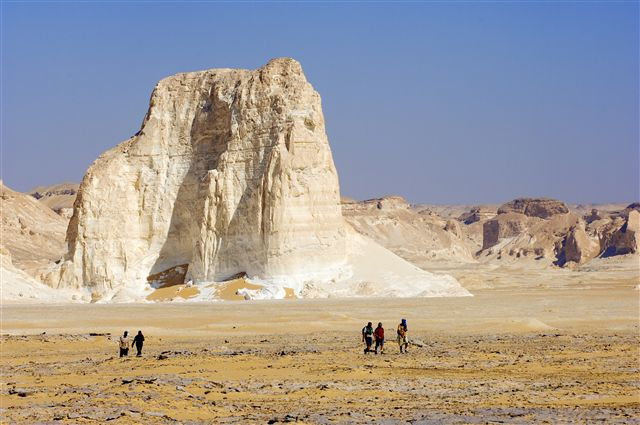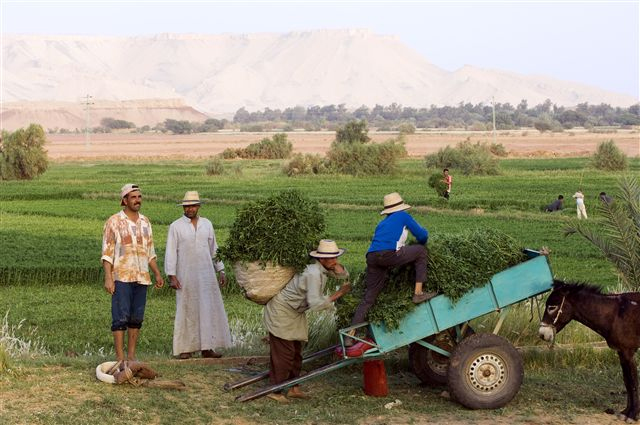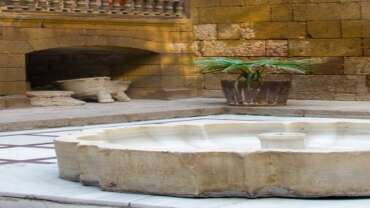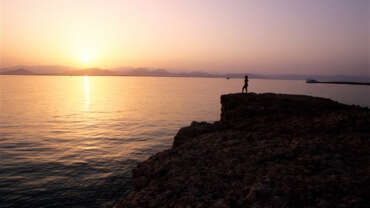Nature in Egypt
Within Egypt are around 28 protected ecosystems that range from coral reefs to Nile River Islands, desert regions and the mountainous areas of the Sinai Peninsula. Recent years have seen the induction of more protected areas to encourage ecotourism in Egypt. Some of the wetland protectorates like the Zaraniq Protectorate and El Bardaweel Marsh are very important to worldwide bird migrations. As such, these areas are designated as both “Wetland Protectorate” and “Natural Restricted Area for Birds”. Over 270 bird species can be found in these areas including pelicans, herons and crested larks.
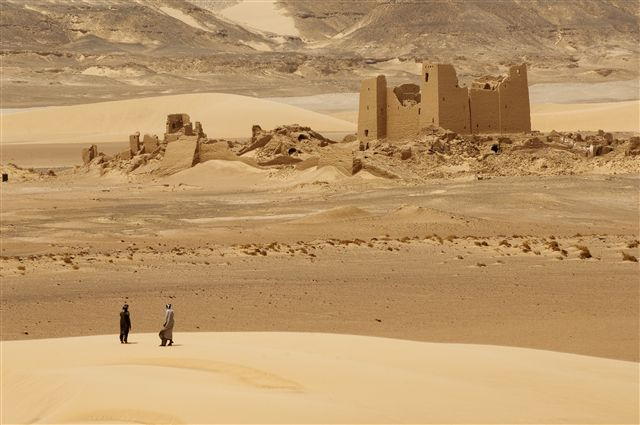
Egyptian Deserts & Oases
A desert safari takes you through an endless stunning range of desert landscapes coupled with scenic sunsets and starry night skies. Walk along mud houses and ancient ruins in Egyptian desert oases, shop for locally made crafts and rub shoulders with Bedouins carrying out century old traditions− the Egyptian Desert is one of those mystic places where regular living practices are suspended or absent, a place where water access is everything and land ownership is nothing.
Discover amazing natural landmarks such as the Silica Glass Field and explore prehistoric rock art in the Swimmers Cave or Shaw’s Cave in Gilf El-Kebir. You can also experience the amazing thrill of Sand Boarding in the Great Sand Sea, Quad biking in the Western Desert, or dune camping under the desert’s starry night.
To go on a desert safari in the Western Desert of Egypt, contact a trusted tour operator. In the Sinai, shorter safaris can be arranged through your hotel or resort or by contacting any tour operator in the major Sinai cities.
Nature Exploration
Dominated by a harsh, unforgiving but beautiful desert and divided by the world’s longest river, nature travel in Egypt is something beautiful to experience. Sustain Egyptian nature reserves; stay in eco-lodges, visit Egypt’s National Parks and look for other ways to help. Nature travel in Egypt helps ecotourism thrive and set sustainable standards so that generations to come can enjoy the same natural wonders.
The pace of life for over 6000 years of civilization depends on the Nile River which is the only source of water in Egypt. The river also deposits fertile soil from the heart of Africa along its banks, which keeps the land rich for farming.
The combination of the Nile River, the Western and Sinai deserts and oases make Egypt a wonderful place to explore nature and see firsthand a delicate balancing act millions of years in the making.
